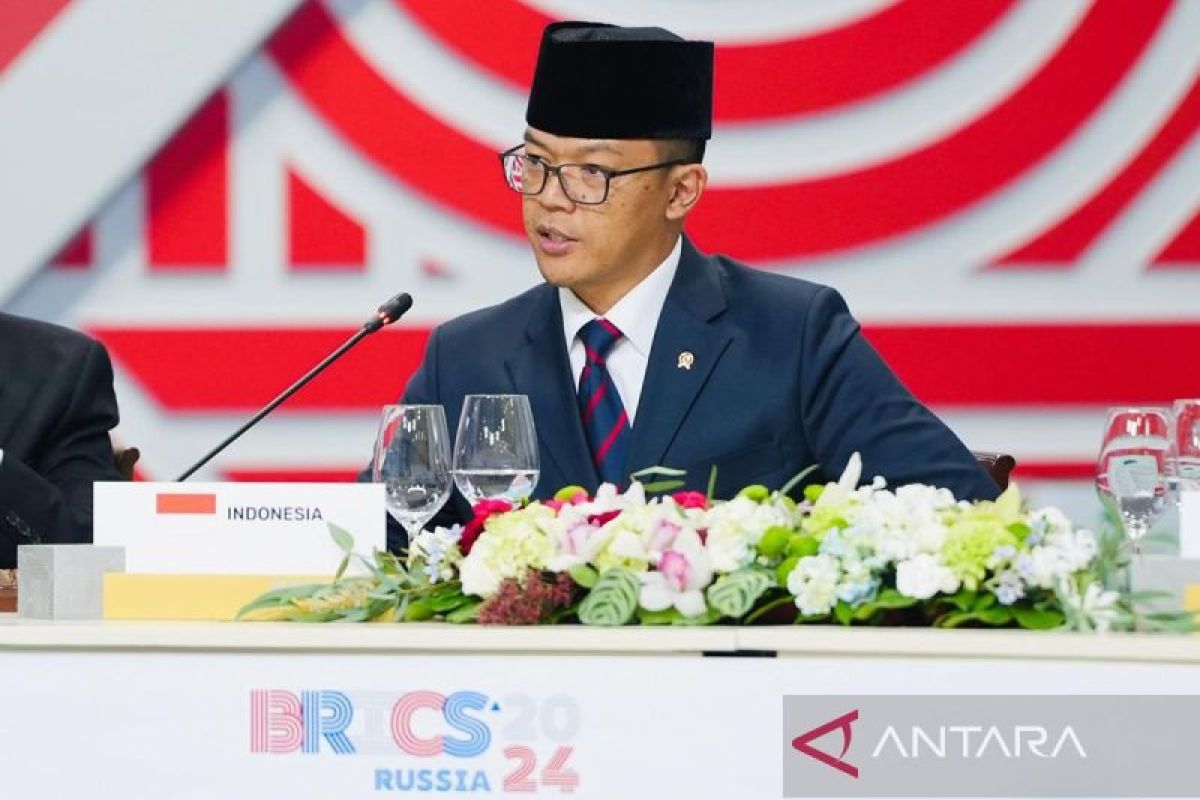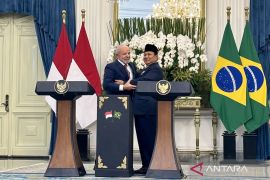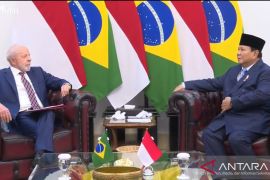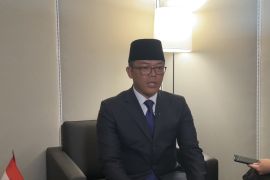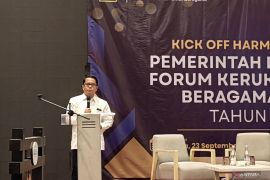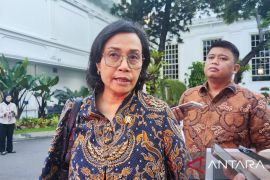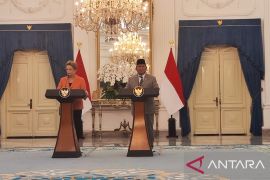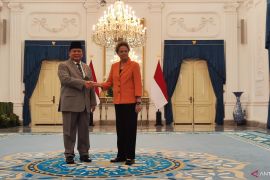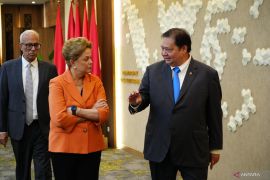Indonesia's current status in BRICS is that of an "interested country." As the accession process progresses, Indonesia will become a "prospective member" and then an "invited member" before finally gaining full member status.
Amid Western dominance of the global economic system, BRICS offers options for developing countries to support each other and build a fairer and more inclusive system.
An economist from CORE Indonesia, Muhammad Faisal, said that joining BRICS could provide an opportunity for Indonesia to access a wider market and diversify economic relations, especially with BRICS countries.
In addition, Indonesia could utilize BRICS as a platform to voice the interests of developing countries and help push for a fairer global economic order.
Indonesia could also strengthen the national economy and affirm its position on the international stage, Faisal added.
One of the main opportunities offered by BRICS is market expansion. BRICS countries have large populations and high consumption rates, offering potential markets for Indonesian products.
There are promising opportunities for Indonesian products, including commodities like palm oil, coffee, and seafood, as well as manufactured goods, to penetrate BRICS markets.
By opening access to these new markets, Indonesia could reduce its dependence on conventional markets such as the United States or Europe, which tend to be volatile and are often affected by protectionist policies.
Such export market diversification would not only provide stability to the national economy but also increase the competitiveness of Indonesian products in the global market.
In addition, BRICS offers significant investment cooperation opportunities. BRICS member countries, especially China and India, have a large investment capacity and a strong interest in investing in developing countries such as Indonesia.
With investment from BRICS countries, Indonesia could accelerate the development of infrastructure and strategic sectors, such as energy, transportation, and manufacturing.
If managed well, such investments could have a positive impact on economic growth, create more jobs, and support the achievement of national development targets.
Further, a strong infrastructure sector would strengthen Indonesia's competitiveness and attract other foreign investors.
BRICS could also be a tool for Indonesia to accelerate the development of domestic technology and industry.
BRICS member countries, especially China and India, have capabilities in high technology, such as artificial intelligence, smart manufacturing, and renewable energy.
This technological cooperation would benefit Indonesia, which is in the early stages of transforming toward advanced technologies.
Through knowledge transfer and collaboration in research and development, Indonesia has a great opportunity to develop a competitive and innovative national industry.
Furthermore, expanding technology mastery is a crucial asset for building a strong industry to compete in the globalized era.
Potential challenges
BRICS membership also offers potential for cooperation in the food and energy sectors, especially as food security is a critical issue for Indonesia.
Cooperation with BRICS could help boost domestic production capacity and develop more efficient agricultural technology in Indonesia.
By adopting modern agricultural technology from BRICS countries, Indonesia can increase agricultural productivity and ensure sufficient domestic food supply while increasing export capacity.
In the energy sector, Indonesia also has significant potential to collaborate with BRICS countries investing in renewable energy.
With such investment and cooperation, Indonesia could accelerate its energy transition, slash dependence on fossil fuels, and support carbon emissions reduction targets.
However, BRICS membership would also come with its own challenges. For instance, competition with BRICS countries in several industries could pose challenges for Indonesia.
Therefore, a mature strategy is necessary to position Indonesia not only as a consumer market but also as a competitive producer.
The government will need to devise regulations that support local industries and ensure that BRICS cooperation benefits domestic businesses and workers.
Putting Indonesia on the map
BRICS membership would also be a chance for Indonesia to strengthen its position in the international arena.
In an increasingly fragmented global economic system, BRICS is a symbol of the struggle of developing countries to gain a greater, more equal position.
By joining BRICS, Indonesia would have the opportunity to fight for national interests, influence global policies, and improve economic diplomacy.
The alliance could help Indonesia advance its national and regional agendas, such as sustainable development, climate change, and economic inclusion.
According to an economist from Paramadina University, Wijayanto Samirin, Indonesia's membership in BRICS could increase its bargaining power with member countries of the Organization for Economic Co-operation and Development (OECD).
With BRICS, Indonesia would be highly connected to a dynamic economic community that represents more than 50 percent of the global gross domestic product (GDP), based on purchasing power parity (PPP).
Given all this potential, BRICS should be an inspiration to foster the spirit of economic nationalism.
Through mutually beneficial cooperation, Indonesia could also build a stronger, more competitive, and sustainable national economy.
Economic nationalism does not mean isolation from the outside world, but becoming more open to cooperation that supports national progress and improves public welfare.
The spirit of economic nationalism will be a basis for Indonesia in facing global challenges and optimizing opportunities.
Ultimately, BRICS offers opportunities for Indonesia in the economic sector and a chance to strengthen its identity as a sovereign and independent nation.
By utilizing this opportunity carefully, Indonesia can become a more resilient country amid global turmoil.
Collaboration with BRICS is not merely an economic strategy but a strategic step for a better future.
Now is a good time to welcome the opportunity BRICS offers with optimism, hard work, and economic nationalism. This will help build a stronger, more prosperous, and empowered Indonesia on the global stage.
Related news: Indonesia mulls benefits of BRICS membership
Related news: Indonesia eyes BRICS membership, aligning with foreign policy stance
Translator: Hanni Sofia, Resinta Sulistiyandari
Editor: Anton Santoso
Copyright © ANTARA 2024
